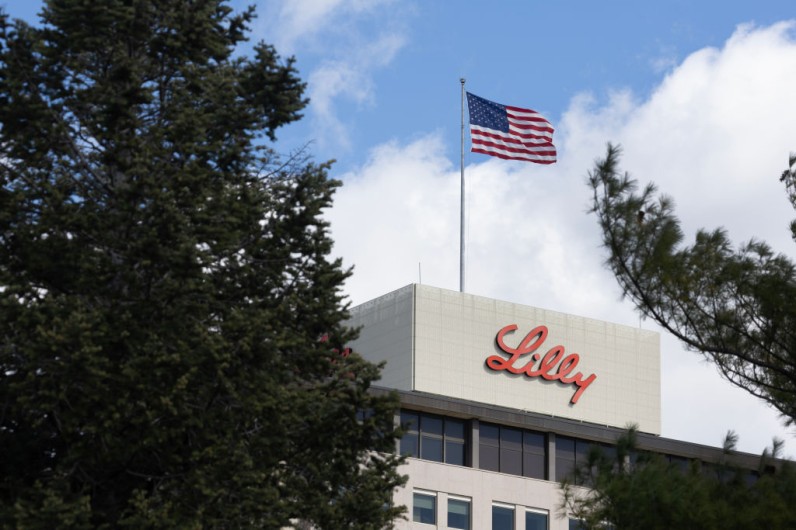
The Food and Drug Administration (FDA) granted approval to Eli Lilly for their Alzheimer's drug donanemab.
This decision marks a notable expansion of the treatment options available for individuals suffering from this debilitating disease in the United States.
Eli Lilly's Alzheimer's Drug Donanemab Approved by FDA
Eli Lilly has finally achieved a much-anticipated victory with donanemab, despite the challenges it encountered on its journey to the market.
According to the company, the treatment, which will be sold under the brand name Kisunla, has been approved by the agency for adults with early symptomatic Alzheimer's disease.
The Alzheimer's Association said approximately seven million Americans are affected by this condition, making it one of the leading causes of death for adults over the age of 65.
By 2050, the number of individuals in that group is expected to reach nearly 13 million in the United States, CNBC reported.
Last year, the drug's approval was rejected by the FDA due to insufficient data. Surprisingly, in March, they decided to delay it once again. Last month, an advisory panel recommended granting full approval for the treatment, stating that the benefits of the treatment outweigh any potential risks.
Donanemab will be in direct competition with another treatment, Leqembi, developed by Biogen and its Japanese partner Eisai. Leqembi has been gradually introduced in the US since receiving approval last summer.
Donanemab and Leqembi represent significant breakthroughs in the treatment of Alzheimer's, marking a turning point after years of unsuccessful attempts to develop effective medications for this devastating disease.
Both drugs are monoclonal antibodies that focus on toxic plaques in the brain known as amyloid, a key characteristic of Alzheimer's disease. Their purpose is to slow down the advancement of the disease in patients who are in the early stages.
Rising Alzheimer's Disease Cases Highlight Urgent Need for Effective Treatments
Advocates for patients are expressing a sense of urgency for the development of effective treatments for Alzheimer's. The need for these treatments is becoming increasingly critical as the number of people projected to be affected by the disease continues to rise.
According to the US Centers for Disease Control and Prevention, the projected number of individuals with Alzheimer's is expected to reach nearly 14 million by 2060. In 2023, there are approximately 6.7 million Americans aged 65 and above who are living with Alzheimer's disease.
The disease has a far-reaching impact beyond just the patients. In 2022, research reveals that a staggering 18 billion hours of care were provided by over 11 million family members and unpaid caregivers to individuals with Alzheimer's and other dementias.
This significant contribution comes at a time when there is a persistent shortage of paid workers and medical professionals. According to CNN, the Alzheimer's Association expressed their joy and excitement over the recent approval of the treatment.







Join the Conversation